Cape Cod Times
By Doug Fraser
Posted Jun 24, 2019 at 6:19 PM
Updated Jun 25, 2019 at 6:02 AM
Toxic blooms prompt Cape pond advisories
Heavy rains lead to warnings at 5 freshwater spots.
BARNSTABLE — People and their pets are being advised to avoid all contact with the water in three Cape Cod ponds after an unusually wet spring helped cause toxic bacterial blooms.
Water samples revealed cyanobacteria blooms in Santuit Pond in Mashpee, Bearse Pond in Barnstable and Upper Mill Pond in Brewster, and warnings were issued Friday for recreational users to avoid contact with the water, according to a statement Monday from the Association to Preserve Cape Cod. The advisories were issued by the three towns with the backing of the state Department of Public Health, the statement says.
Brewster Health Agent Nancy Ellis Ice said Monday that the advisory on Upper Mill Pond would likely be removed after the most recent testing showed that levels had dropped.
The town of Barnstable also has issued advisories for Lake Wequaquet and Hinckley Pond recommending that pet owners keep animals out of the water.
Cliff Pond at Nickerson State Park in Brewster, Lovells Pond in Barnstable and Scargo Lake in Dennis are “ponds of concern” and are being closely monitored, the statement says.
“Compared to recent seasons, the presence of cyanobacteria and HCBs (harmful cyanobacteria blooms) in ponds across the Cape in 2019 has so far been significantly greater,” the association statement says.
Cyanobactera produce cyanotoxins that can be absorbed through the skin or by swallowing the water and can damage the liver and nervous system in humans in severe cases. In some cases the toxins can be inhaled when downwind of a lake experiencing a bloom.
The Association to Preserve Cape Cod is monitoring 22 Cape ponds in conjunction with the Brewster Ponds Coalition, Friends of Chatham Waterways, Indian Ponds Association, several towns and the University of New Hampshire, and may expand to other locations later in the summer, according to the statement. Barnstable is monitoring another 20 of its own ponds.
Other ponds may be affected but are not yet being monitored. The Cape has about 1,000 freshwater ponds, according to the statement.
Rain washes nutrients, including septic effluent and lawn fertilizer, into ponds and that promotes the growth of these naturally occurring bacteria.
“This will be a problem for all the Cape towns,” said Mashpee Natural Resources Director Richard York, because, although towns can clean up ponds by dealing with nutrient loading and nitrogen in the bottom sediments, it cannot control how much will flow into the ponds from frequent rainstorms, especially the heavy downpours attributed to climate change. Warmer temperatures mean more moisture in the air and a better growing environment for bacteria, he said.
The association has an online interactive map and informational page at apcc.org/cyano.
— Follow Doug Fraser on Twitter: @dougfrasercct.
